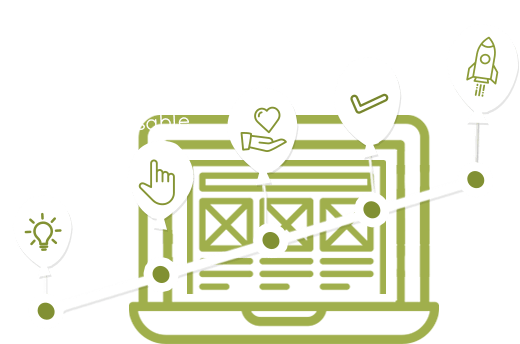
- COMPANY
Insight
Why Idea
- TECHNOLOGY
- SERVICES
 OTP Transactional Bulk SMS OTP Transactional Bulk
OTP Transactional Bulk SMS OTP Transactional Bulk API SMS Gateway Send SMS via Applicatio
API SMS Gateway Send SMS via Applicatio Bulk SMS Resellers Bulk SMS
Bulk SMS Resellers Bulk SMS.jpg) Transactional Bulk Email Your suc
Transactional Bulk Email Your suc Dedicated Long Code A Long Code number is 10
Dedicated Long Code A Long Code number is 10 Fire Automatic Sprinkler Automatic Sprinkler
Fire Automatic Sprinkler Automatic Sprinkler Jockey Pump Jockey Pump
Jockey Pump Jockey Pump FFM Booster Fire Pump FFM Booster Fire Pump
FFM Booster Fire Pump FFM Booster Fire Pump Integrated Panel Integrated Panel
Integrated Panel Integrated PanelDISCOVER POSSIBILITIES OF DATA-DRIVEN BUSINESS
Mobile Developers Game Developers Web Developers Database Experts Business Analysts Scrum Masters Internet Marketing Specialists Cloud Deployment SpecialistsHire Mobile Application Developers
Hire Dedicated Business Analyst
- Agile Business Analysis services to create, document and implement a full scale Agile process that scopes, elicits, prioritizes and assigns requirements to sprints according to your time and budget.
- Enterprise Analysis services to identify your business problem, define a solution and justify the financial investment.
- Business Analysis Planning to identify key Stakeholders, analysis activities, communication plan and create a requirements management process.
- Analysis services to prioritize, model, verify and validate requirements.
- Requirements Management & Communication services to Trace Requirements, Manage Solution Scope, Prepare and Communicate Requirements packages.
- Elicitation services to document clear, complete, consistent Requirements the first time.
- Hire Dedicated Business Analyst
Hire Great Scrum Masters
For the smooth running of your projects from inception to execution modern businesses don't just need a leader but someone who is an expert in the field. A Scrum Master helps your team to understand and implement this process successfully. At Hidden Brains, we understand that hiring a technical resource can be a little confusing. Our team of certified Scrum Masters come with an in-depth knowledge about the growing trends of technology.By inculcating best practices, acquiring information and applying them in real-time, our Scrum Masters guide your team efficiently by coaching them about self-organization and cross functionalities.Get the most of our dedicated Scrum Masters by implementing Scrum Development process thoroughly within your Organization. They can lead, coach and guide your business to increases the productivity and successful execution of the final product.
Hire Internet Marketing Specialist
- PRODUCTS
- CLIENT
- PORTFOLIO
- CONTACT US
Contacts
Contact Map
Contact Address
IDEA TECHNOSOLUTIONS PVT LTDBabylon Garden,Flat no A/4Jaydurga Nagar,Bomikhal,Bhubaneswar-751010,Odisha,India0674-2565701/2,9937066333,9438613965, 9937194867.9937196394 info@ideatechnosolutions.com www.ideatspl.comContact Form
 Our Mission
Our Mission Our Vision
Our Vision Our Team
Our Team Our Values
Our Values Infrastructures
Infrastructures Become a Partner
Become a Partner Technical Experts
Technical Experts Faq
Faq Blog
Blog Why IDEA
Why IDEA Management Team
Management Team Engagement Module
Engagement Module


































.jpg)
.png)

.jpg)

.jpg)
.png)






















.jpg)

.jpg)
.jpg)



.jpg)




.jpg)














.jpg)
.jpg)






















/JointVenture_397540_final_2-1eee631af3444e9ea3019ebbb6c890e9.png)



